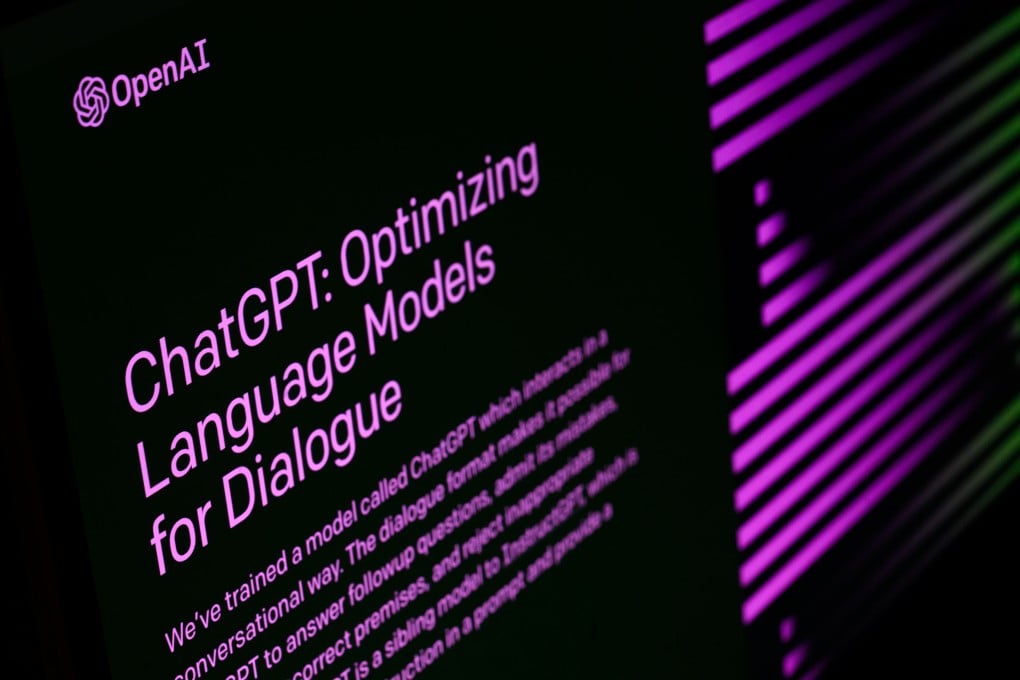Letters | Why Hong Kong universities should let students learn with ChatGPT
- Readers discuss an interim ban on the chatbot, and an obscure acronym on the Hong Kong rescue team’s uniform

The university seems to have assumed that students would ask the chatbot to write full essays and submit them as their own work. For these scenarios, the university’s existing guidelines against plagiarism would suffice to warn those who intend to claim others’ work as their own. However, the university has overlooked other legitimate uses of ChatGPT.
For example, the chatbot can help students brainstorm and generate ideas for a project, assess the quality of an argument in a draft essay, and identify grammatical and lexical errors while making suggestions on how to improve. None of these uses would constitute plagiarism if the students fully acknowledge them.
International journals have rejected ChatGPT as a co-author, but do not prohibit its use as long as authors describe how it is used in the acknowledgements or method sections. If scholars are allowed to use ChatGPT to draft their research papers, why should university students be deprived of opportunities to learn collaboratively with the chatbot?
Given that HKU’s ban is only temporary, we urge the entire higher education community to take a more liberal view of the use of ChatGPT and reconsider how teaching and learning can be designed with input from AI-powered chatbots.